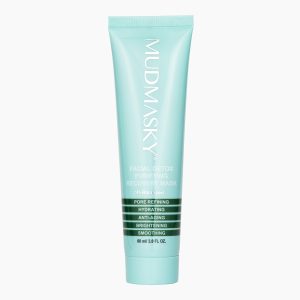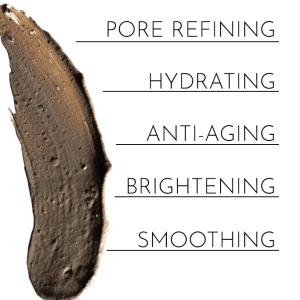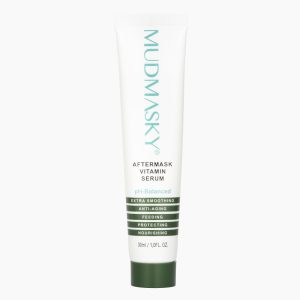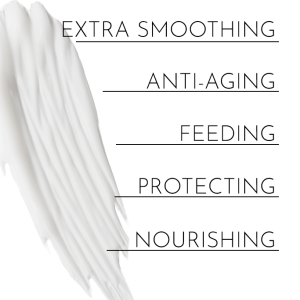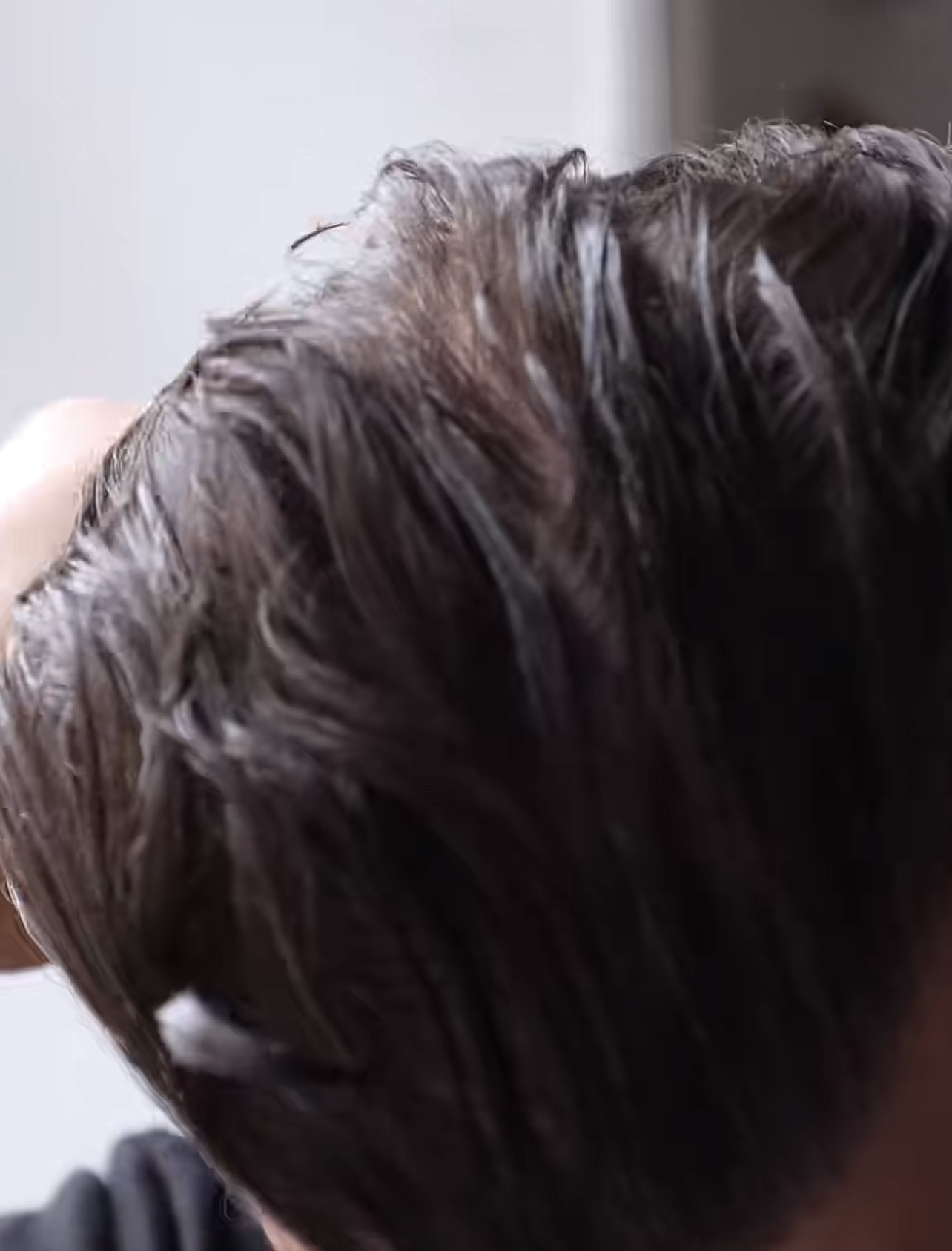What Is Good for Your Scalp After a Hair Transplant?
A hair transplant can be a turning point in your hair journey. But the success of the procedure does not end in the treatment chair. What you apply to your scalp after the transplant matters just as much. The right aftercare helps with healing, reduces discomfort, and gives your new hair the best possible chance to grow strong and healthy.
Here is exactly what your scalp needs in the weeks after a hair transplant.
1. Hydration without oil
After a transplant, the skin on your scalp often feels tight, dry or itchy. Many people think oils will help, but most oils can block the follicles and slow down recovery. Clinical studies show that blocked pores and excess buildup can reduce oxygen levels around the follicle, delaying healthy regrowth [1].
Instead, choose a non-oily product that gives moisture and relief without leaving a layer on the skin. A fast-absorbing, lightweight serum helps the scalp recover naturally without buildup or irritation.
2. Vitamins for stronger follicles
Your scalp needs nutrients to support healing. Vitamins such as Pro-Vitamin B5, Vitamin C and Vitamin E are proven to help reduce inflammation, increase hydration and promote stronger hair growth [2][3].
These vitamins can support:
- Better blood circulation around the roots
- Reduced redness and irritation
- Healthy development of new hairs
Using a vitamin-rich serum directly on the scalp helps deliver these nutrients exactly where they are needed.
https://vm.tiktok.com/ZGdaNmbuh/
3. Avoid thick products and harsh chemicals
Heavy creams, oils and petroleum-based products may seem helpful, but they often do more harm than good after a transplant. They can trap heat, collect bacteria and clog healing areas. You should also avoid alcohol, sulfates, silicones and strong perfumes.
According to the International Society of Hair Restoration Surgery, only mild, skin-friendly formulas should be used during recovery [4].
4. Keep the scalp in balance
The skin on your scalp has a natural pH level of about 5. When this balance is lost, it can cause irritation, itching and sensitivity. Using a pH-balanced treatment keeps the scalp in a healthy state, protecting it from harmful bacteria while supporting its natural barrier function [5].
A balanced scalp creates the perfect foundation for new hairs to grow.
5. Focus on the roots, not just the hair
After a transplant, it is not the visible hair that matters most. It is the follicle under the skin. That is where the real regrowth begins. Choose a scalp treatment that supports the root by improving circulation, reducing inflammation and protecting the delicate new grafts.
This leads to stronger, thicker and healthier hair in the long term.
Final thoughts
Post-transplant recovery is not about using many products. It is about using the right one. Avoid oils, harsh ingredients and anything that clogs the scalp. Look for a clean, non-oily, pH-balanced formula with vitamins that nourish and protect. One example of a product developed specifically for this purpose is the MUDMASKY Vitamin-Infused Scalp Serum, which is now recommended by hair surgeons in Turkey.
About the Author
Dr. Lucas van der Meer is a certified trichologist and cosmetic science consultant based in Amsterdam. He advises skincare and haircare brands across Europe and has over 15 years of experience in scalp health and product development.
Sources:
[1] Draelos, Z.D. (2010). Hair cosmetics: An overview. Dermatologic Clinics, 28(1), 71 to 78.
[2] Lachapelle, J.M. (1990). Vitamin E and skin irritations. Contact Dermatitis, 22(3), 174 to 179.
[3] Gehring, W. (2004). Topical use of panthenol in skin disorders. Journal of Dermatological Treatment, 15(1), 3 to 6.
[4] ISHRS.org. (2022). Postoperative Care Guidelines After Hair Transplantation. Retrieved from www.ishrs.org
[5] Lambers, H., et al. (2006). Natural skin surface pH is on average below 5, which is beneficial for its resident flora. International Journal of Cosmetic Science, 28(5), 359 to 370.
Disclaimer:
This blog is intended for informational purposes only and does not constitute medical advice. Always consult with a qualified healthcare provider or your hair transplant surgeon before using any products on your scalp following a medical procedure. Individual results may vary. Mudmasky does not claim to diagnose, treat, or cure any medical condition.
